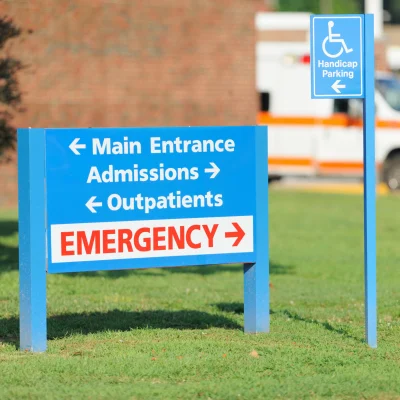In preparation for the winter season, a range of tech and data solutions are being implemented to prevent avoidable hospital admissions. Artificial intelligence will play a key role in spotting patients at risk of needing to go to hospital.
So community NHS teams can reach them first and alleviate the pressures on A&E departments. An AI system is being trialled at four GP practices which highlight registered patients with complex health needs, those at risk of hospital admission, or those who seldom engage with their GP. The NHS teams in certain regions are testing an approach utilising an algorithm to identify the top 5% at risk of potential hospital attendances or admissions. The aim is to prevent 4,500 unnecessary attendances, eliminate 17,000 overnight hospital stays and open up approximately 23,000 GP appointments.
Those who are the highest risk will then be contacted by health coaches, nurses, or GPs, who can deliver a variety of preventive care. Providing support to vulnerable patients extends beyond traditional healthcare, involving initiatives such as offering food parcels, elevating care to specialist doctors, implementing measures to prevent falls, and connecting them with local voluntary groups to avoid loneliness.
In Buckinghamshire, the NHS uses AI to link it to electronic sensors on kettles and fridges. This way, healthcare providers can identify changes in patients’ eating and drinking habits. The information gets sent to a non-clinical onward care team, who engages with their patients to avoid the issue becoming clinical.
The range of tech solutions demonstrates how NHS staff are trying hard to identify the most at-risk patients, so they can get the need early helping to prevent unnecessary attendances to A&E. These measures allow patients to be taken care of at home where they feel the most comfortable.
Algorithms have predicted around 6,000 people who are at the highest risk of admission. Utilising a dedicated app, patients can submit their health readings and receive easy clinical support and responses. This empowers individuals to manage their conditions, facilitating their recovery, and allowing people to stay well at home.
Chris Holt, Chief Transformation Officer at Birmingham Community Healthcare NHS FT, said: “Using data more smartly and harnessing the power of AI is now crucial in supporting the highest risk patients who, with the right support, can stay well at home”.
Source: NHS
Image Credit: iStock










